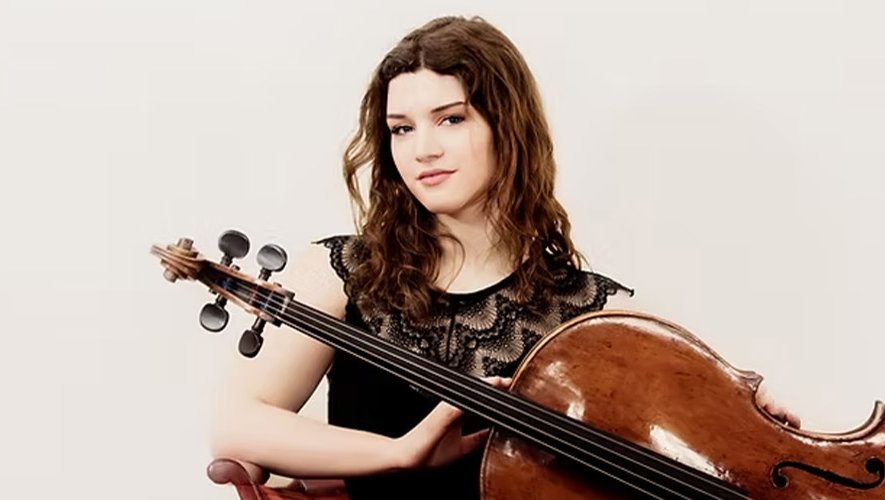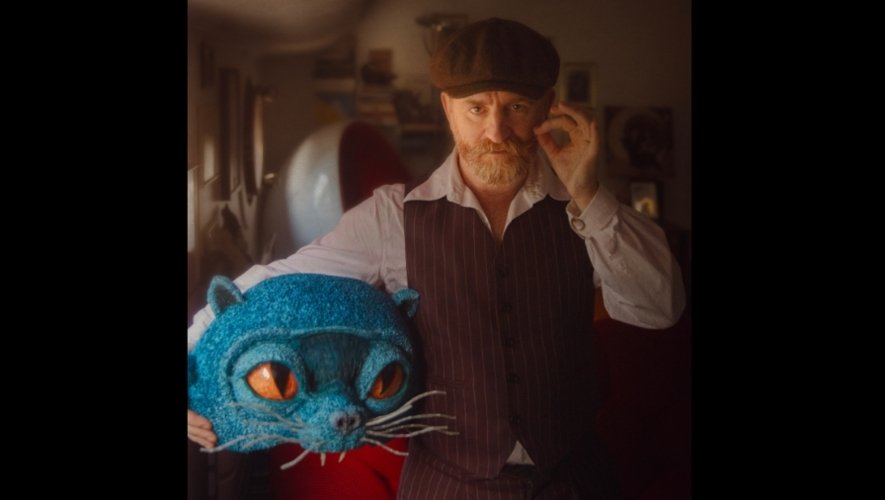Les invitations que nous proposons sont allouées par ordre de réponse, sur inscription et dans la limite des places disponibles.
Pour répondre à l’ensemble des demandes, les invitations sont limitées à 1 concert par structure par demi-saison, avec un maximum de 10 places par demande.
Les places disponibles s’épuisant rapidement, merci de nous faire une proposition de 3 concerts par ordre de préférence. Nous essaierons d’honorer l’un de vos choix en fonction du nombre de places disponibles. En cas d’indisponibilité, nous vous inscrirons sur liste d’attente pour ces concerts.
Nous vous remercions de nous faire parvenir vos demandes à l’adresse champsocial@philharmoniedeparis.fr en indiquant :
- les concerts retenus ;
- le nom et l’adresse de la structure ;
- le nombre de places souhaité ;
- votre numéro de téléphone.
Toute demande de réservation doit recevoir une confirmation écrite de notre part pour être valide.
Pour chaque concert, cliquez sur « Infos & Réservation » puis sur « pour les groupes » pour consulter le quota d’invitations disponible.
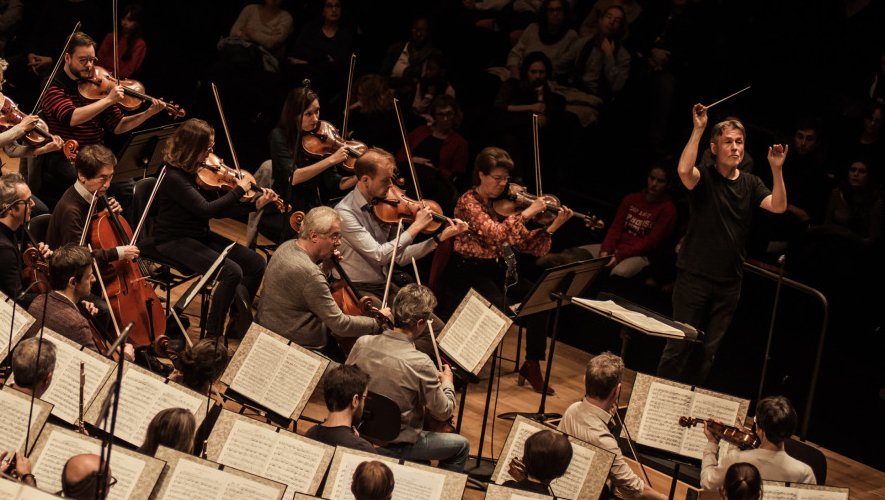
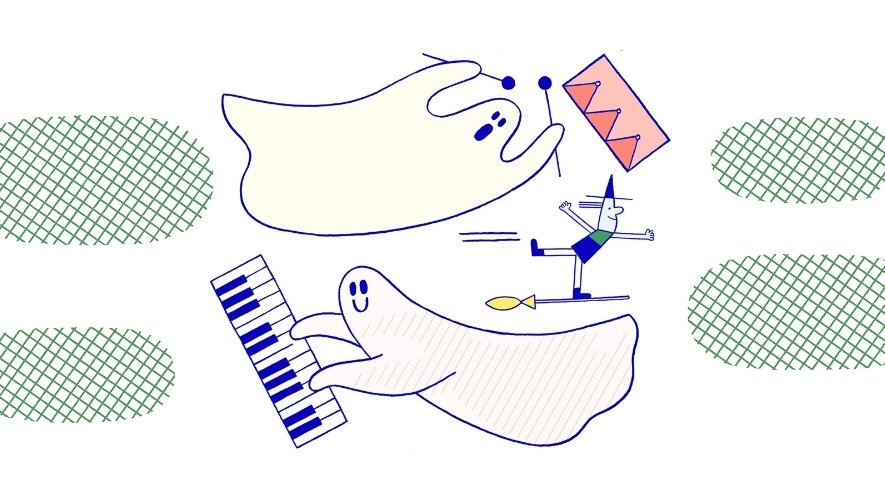
This Halloween night, indulge in a blood-curdling tale of horror with Satan and his army of zombies ready to take over the world of the living.
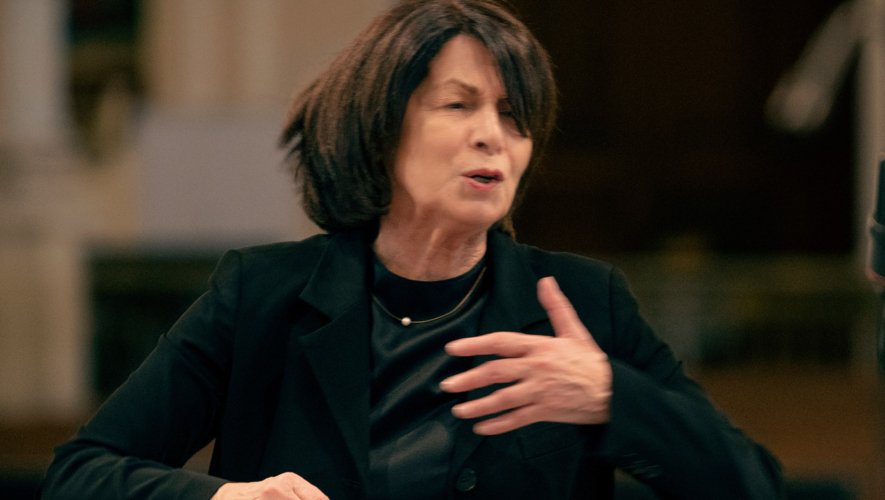
Founded in 2011 by conductor Claire Gibault, the Paris Mozart Orchestra explores a new melologue—a fairly little-known form blending music and spoken word. Here, they perform Orfeo by composer Silvia Colasanti.
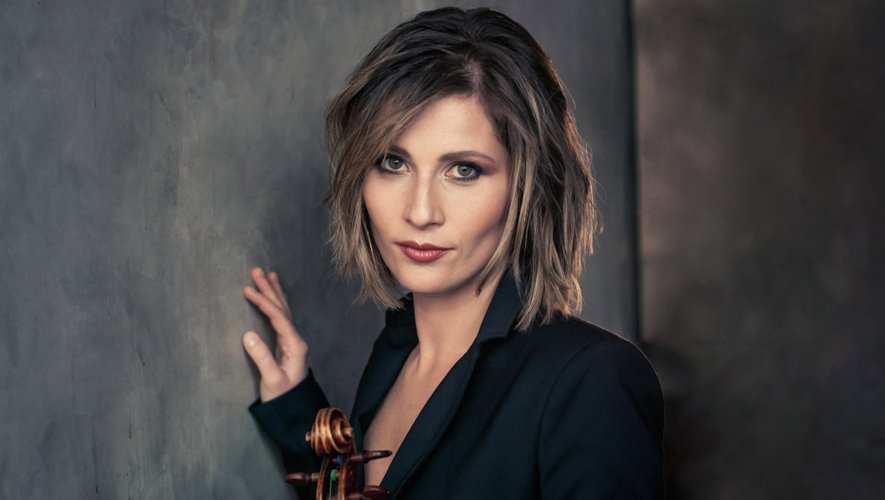
A trio of stars unite their talents: Jean-Yves Thibaudet’s virtuosic piano, Lisa Batiashvili’s dazzling violin, and Gautier Capuçon’s soulful cello shine in a programme of Shostakovich, Debussy, and Dvořák—blending brilliance with deep emotion.
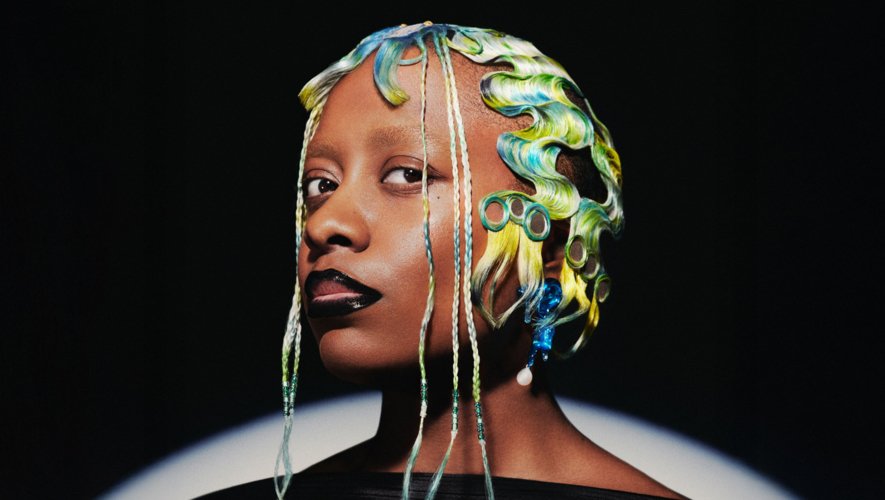
Drawing from her recent album Mélusine, which brilliantly spans eras and styles, the endlessly inventive Franco-American singer Cécile McLorin Salvant unfolds a shimmering musical world infused with magic.
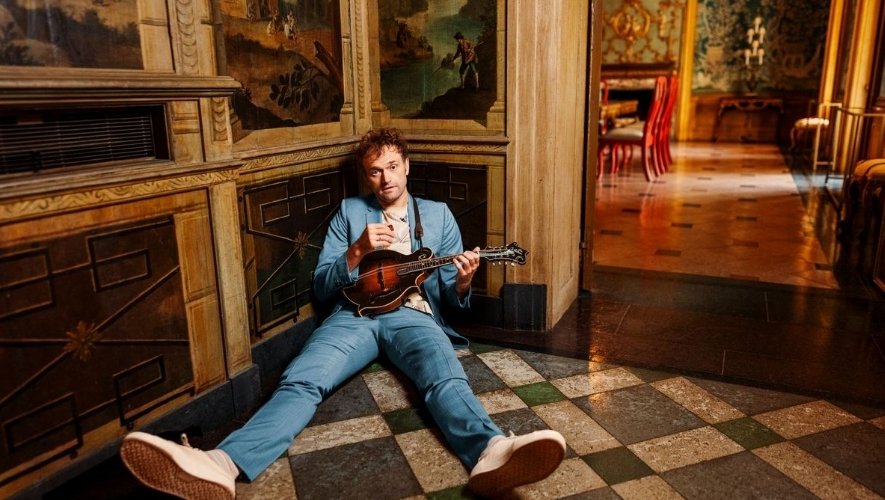
A leading pioneer of the contemporary music scene, singer and mandolinist Chris Thile navigates a vast spectrum of styles—from country to baroque to jazz—with a dazzling virtuosity that this concert reveals in full.
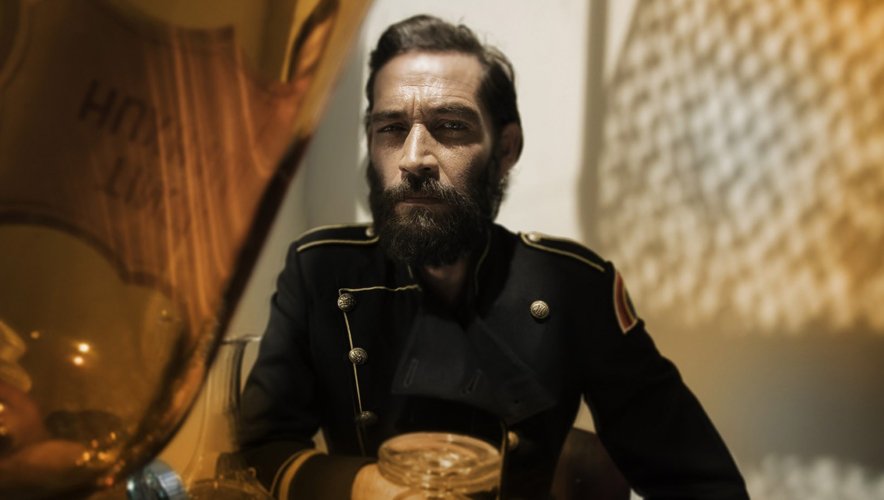
An expert in the art of ‘cinémix’, the label-defying Prieur de la Marne orchestrates a provocative hybrid performance, skilfully fusing sultry music, erotic photography, Super 8 amateur film footage, and texts performed by various guests.
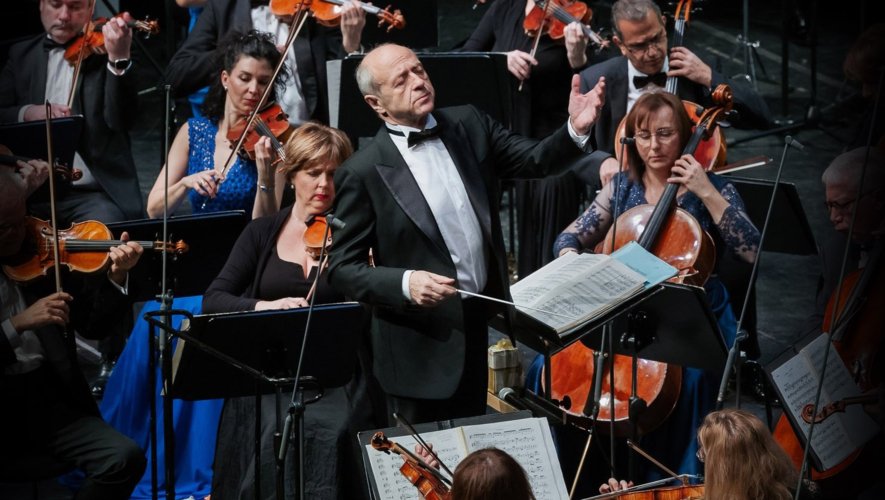
Renaud Capuçon takes on the solo role in Mendelssohn’s renowned Violin Concerto, beloved for its delicate and refined virtuosity. In counterpoint, the passion-filled Josephs Legende by the great German orchestral master.
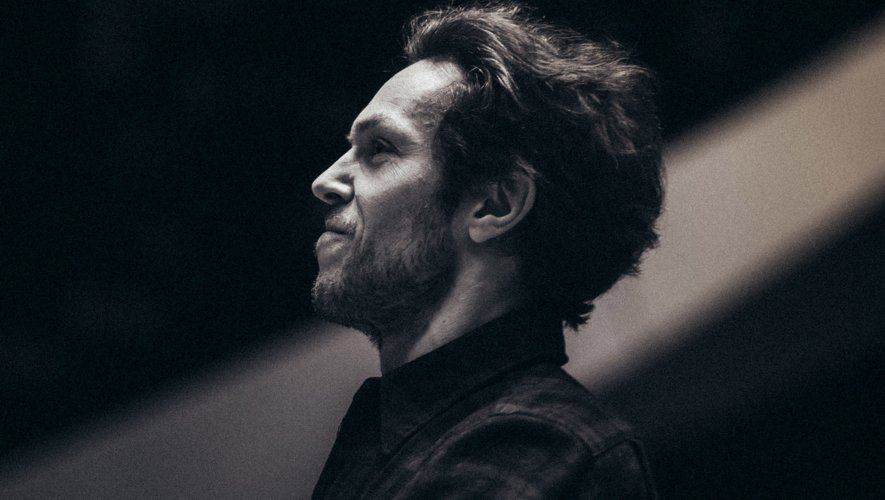
Pygmalion resumes its exploration of Romantic Germany with Stéphane Degout, with whom it previously joined forces in a Schubertian dream and A German Requiem. Alongside Brahm’s masterpiece, they also explore works steeped in the shadow of death.
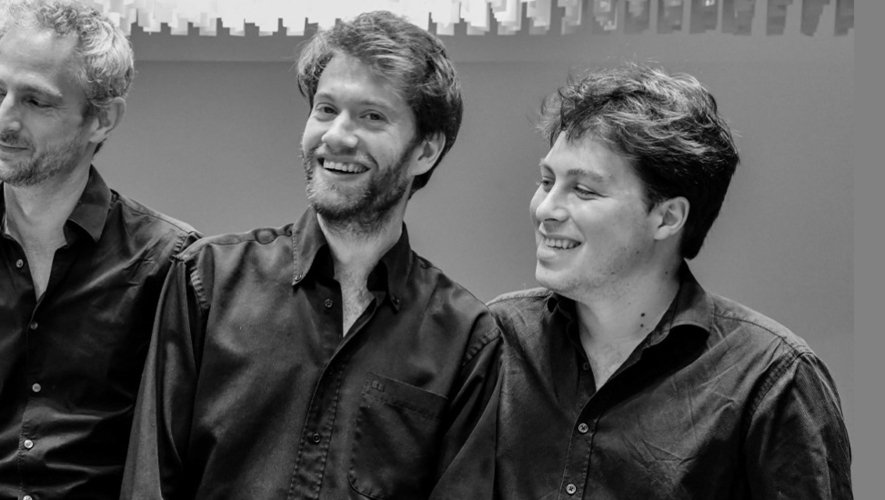
The musicians of the Orchestre de Paris put their talent at the service of an ad hoc quartet, which takes on the most seductive ‘miniatures’ by Bartók and Prokofiev.
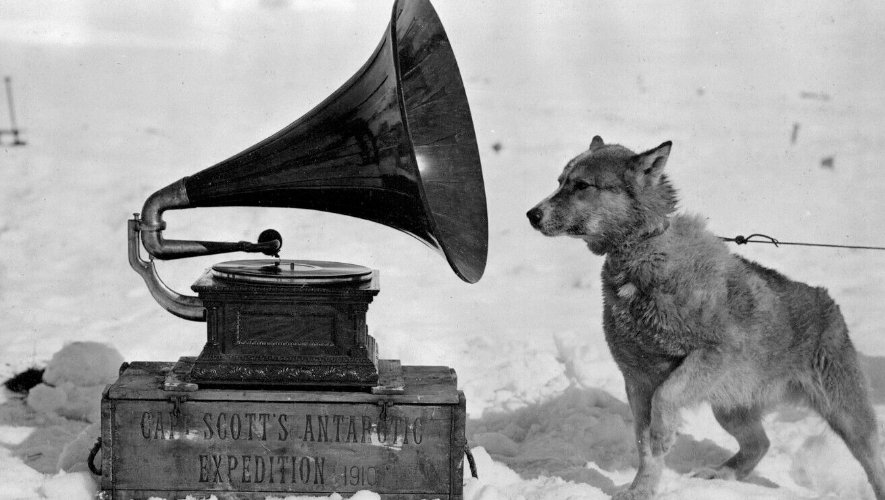
Brought to life on stage with the Paris Regional Conservatory (CRR) orchestra and theatre students from Prépa’ Théâtre 93, this richly layered radio fiction retraces the legendary final Antarctic expedition of British officer Robert Falcon Scott.
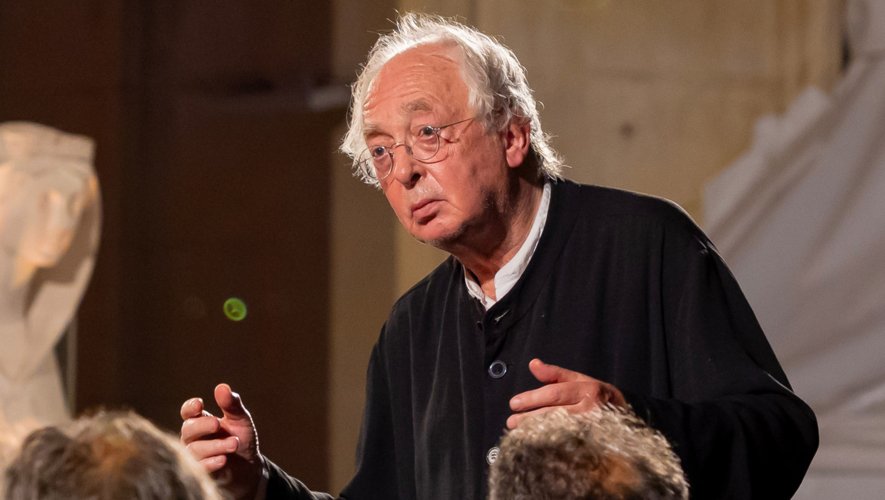
Philippe Herreweghe once again demonstrates the elegance and insight of his interpretation of Romantic works, with particular attention to the Beethovenian repertoire.
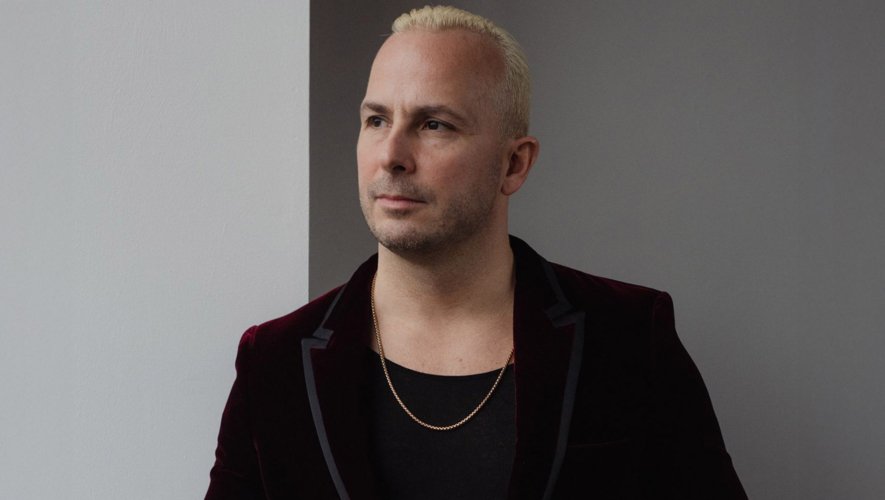
The perfect monographic programme for discovering one of the greatest composers of German Romanticism, with a rich variety of forms showcasing the orchestra at its finest—from overture to symphony, with the added rarity of a double-soloist concerto.
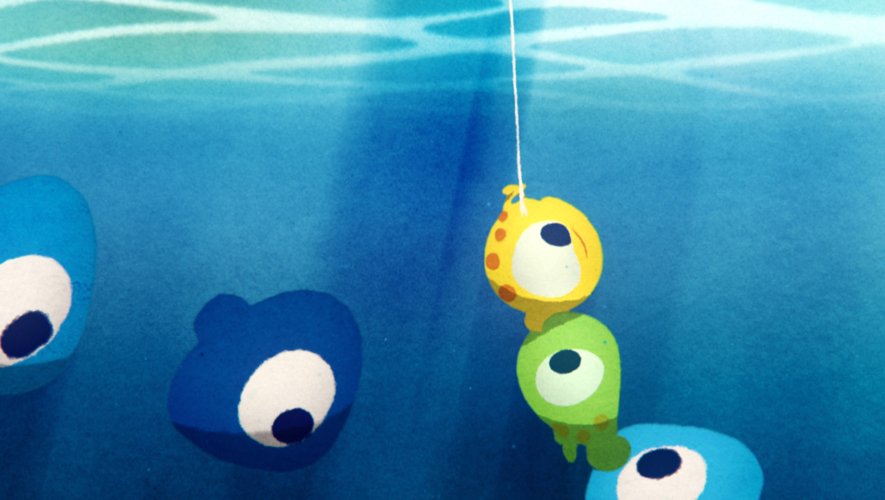
A gentle yet mysterious underwater world comes to life through animated shorts, carried by the hypnotic electro beats of duoScience fiction.
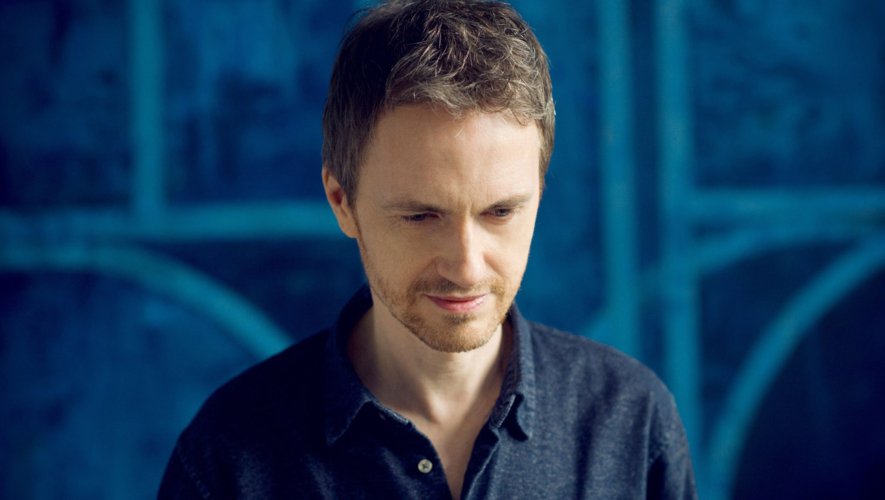
The Orchestre Français des Jeunes, led by its new Music Director, Estonian conductor Kristiina Poska, present a programme rich in freshness and imaginative spirit—joined by a French pianist whose expressive and versatile artistry is highly acclaimed.
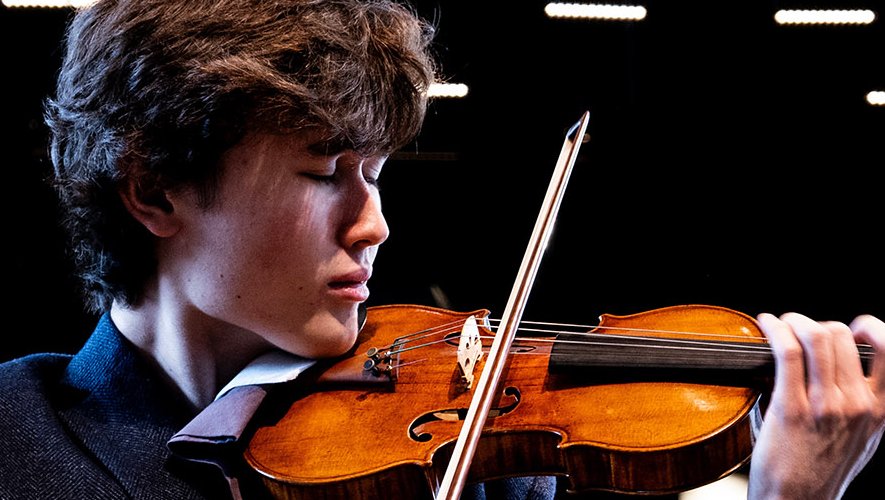
Under the baton of Klaus Mäkelä, who conducted its world premiere in 2024, Ellen Reid’s ode to birth opens a programme featuring two major figures of French and German Romanticism, and two masterpieces whose popularity has endured around the globe.
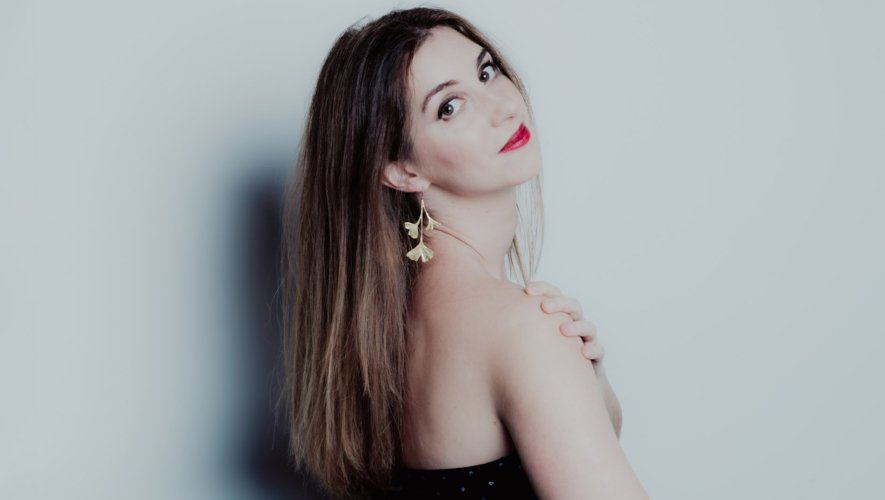
A mirror-like pool, a stormy sea… Clear and tranquil, wavy or tempestuous, water is a rich source of musical inspiration, as reflected in pianist Célia Oneto Bensaid’s programme of works by female composers, spanning over 150 years of French music.
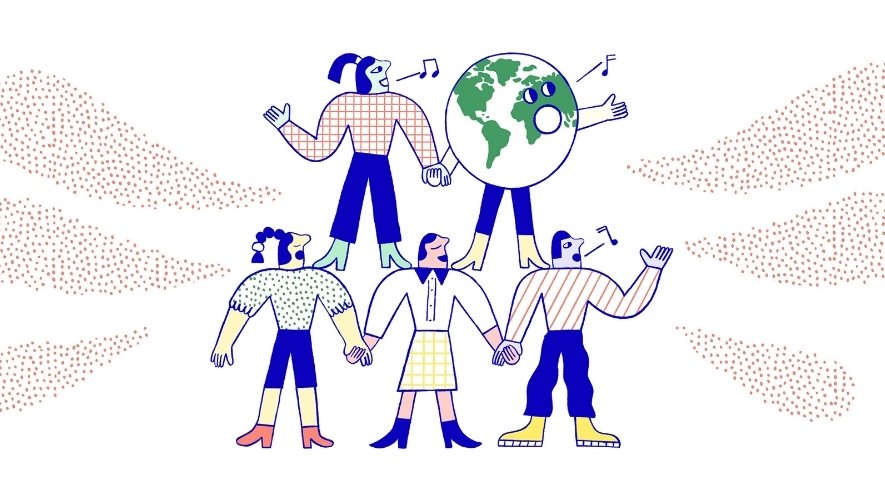
All you have to do is close your eyes and listen to the Christmas carols to rediscover your childhood spirit intact. A delicate, magical flight, with Dickens' Scrooge as a cantankerous but ultimately generous guide!

